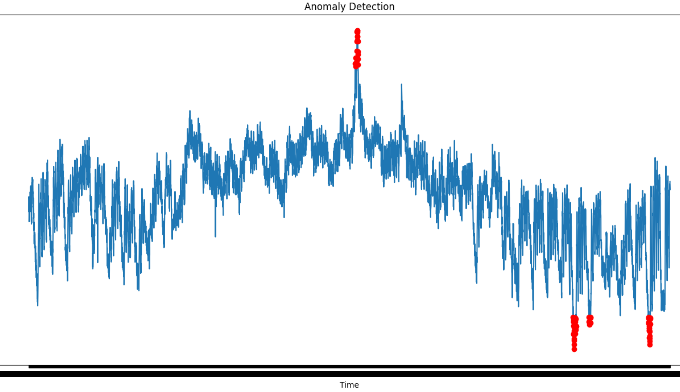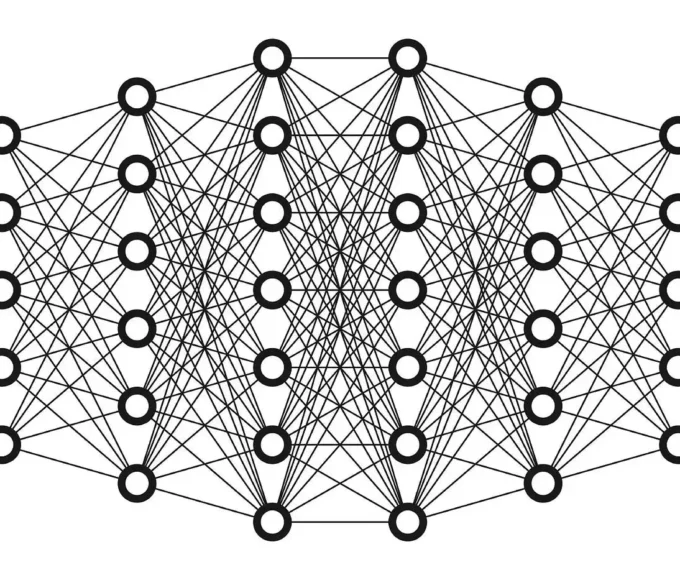Sports has always been at the forefront of technological advancements, constantly seeking ways to gain a competitive edge. In recent years, the integration of machine learning and artificial intelligence (AI) into sports analytics has emerged as a game changer. By leveraging vast amounts of data and powerful algorithms, machine learning is revolutionizing how athletes train, teams, strategize, and fans experience the game. In this blog post, we will explore how machine learning transforms sports analytics and drives performance optimization across various disciplines.
Unleashing the Power of Data:
Machine learning in sports analytics is founded on the principle that data is the key to unlocking valuable insights. With the help of advanced tracking technologies like wearables, sensors, and high-speed cameras, sports organisations can now collect an unprecedented amount of data. These data points encompass various aspects of the game, including player movements, physiological metrics, game statistics, and environmental conditions. However, the challenge lies in effectively interpreting and extracting meaningful patterns from this vast pool of information.
Machine Learning: From Data to Insights
This is where machine learning algorithms come into play. Machine learning algorithms can analyze massive datasets, identify patterns, and make accurate predictions or recommendations. Through advanced data processing techniques like clustering, regression, and deep learning, machine learning models can unveil hidden relationships within the data that human analysts may have missed. These insights provide coaches, trainers, and players with actionable information to enhance performance, prevent injuries, and optimize training regimes.
Performance Optimization:
Machine learning is transforming performance optimization in sports across multiple dimensions. Let’s explore some ways it is revolutionizing different aspects of the game.
- Player Performance Analysis: Machine learning models can analyze player performance data in real time, providing valuable insights into an athlete’s strengths, weaknesses, and areas for improvement. These insights help coaches and trainers tailor training programs to address specific needs, optimize recovery, and prevent injuries, enabling athletes to perform at their best.
- Tactical Decision-Making: In team sports like soccer, basketball, or American football, machine learning algorithms can analyze vast amounts of historical data to uncover patterns in opponents’ strategies and tendencies. Coaches can leverage these data-driven insights to devise game plans that exploit weaknesses and make strategic decisions, ultimately enhancing the team’s chances of success.
- Injury Prevention: By combining player movement data, physiological metrics, and medical records, machine learning algorithms can help identify injury risk factors and develop personalized injury prevention strategies. This proactive approach to injury prevention can contribute to athletes’ long-term well-being and enable them to maintain peak performance levels.
- Fan Engagement and Experience: Machine learning is not limited to improving on-field performance. It also enhances the fan experience by providing personalized content and interactive features. By analyzing fan behavior and preferences, machine learning algorithms can deliver tailored recommendations, highlight exciting moments, and even predict game outcomes, creating a more immersive and engaging experience for fans.
Challenges and Ethical Considerations:
While the integration of machine learning in sports analytics offers immense potential, it also comes with challenges and ethical considerations. Data privacy, algorithm bias, and the potential for overreliance on technology are some of the concerns that need to be addressed as this field continues to evolve. Striking the right balance between human expertise and technological advancements will be crucial in ensuring fair play and maintaining the integrity of the game.
Start-ups in this domain are:
StanceBeam: With industry-leading sensor algorithms and motion modeling algorithms, StanceBeam provides instant, quantitative motion analysis and insights to help users improve their game. It also continues to develop video analysis and processing based on computer vision and deep learning. StanceBeam smart sensors and mobile application products cover cricket, baseball, softball, badminton, Skipping, and other sports and fitness activities.
Matchday.ai: Matchday ai is a revolutionary artificial intelligence company that is reimagining the world of sports for the mobile generation and has won multiple national awards and grants for its endeavors in ai technology.
Machine learning has undoubtedly emerged as a game-changer in sports analytics and performance optimization. By harnessing the power of data, coaches, trainers, and athletes can gain valuable insights to improve performance, make informed decisions, and revolutionize the way sports are played.
As technology continues to advance, the collaboration between humans and machines in the world of sports is likely to shape a new era of performance optimization and fan engagement, elevating the game to unprecedented heights. Ultimately, it is the combination of human expertise and machine learning capabilities that will drive the future of sports analytics and ensure that athletes and teams reach new levels of success.
To sum it up, data analysis and machine learning are slowly becoming an integral part of sports analytics and they are here to stay.
















%s Comment